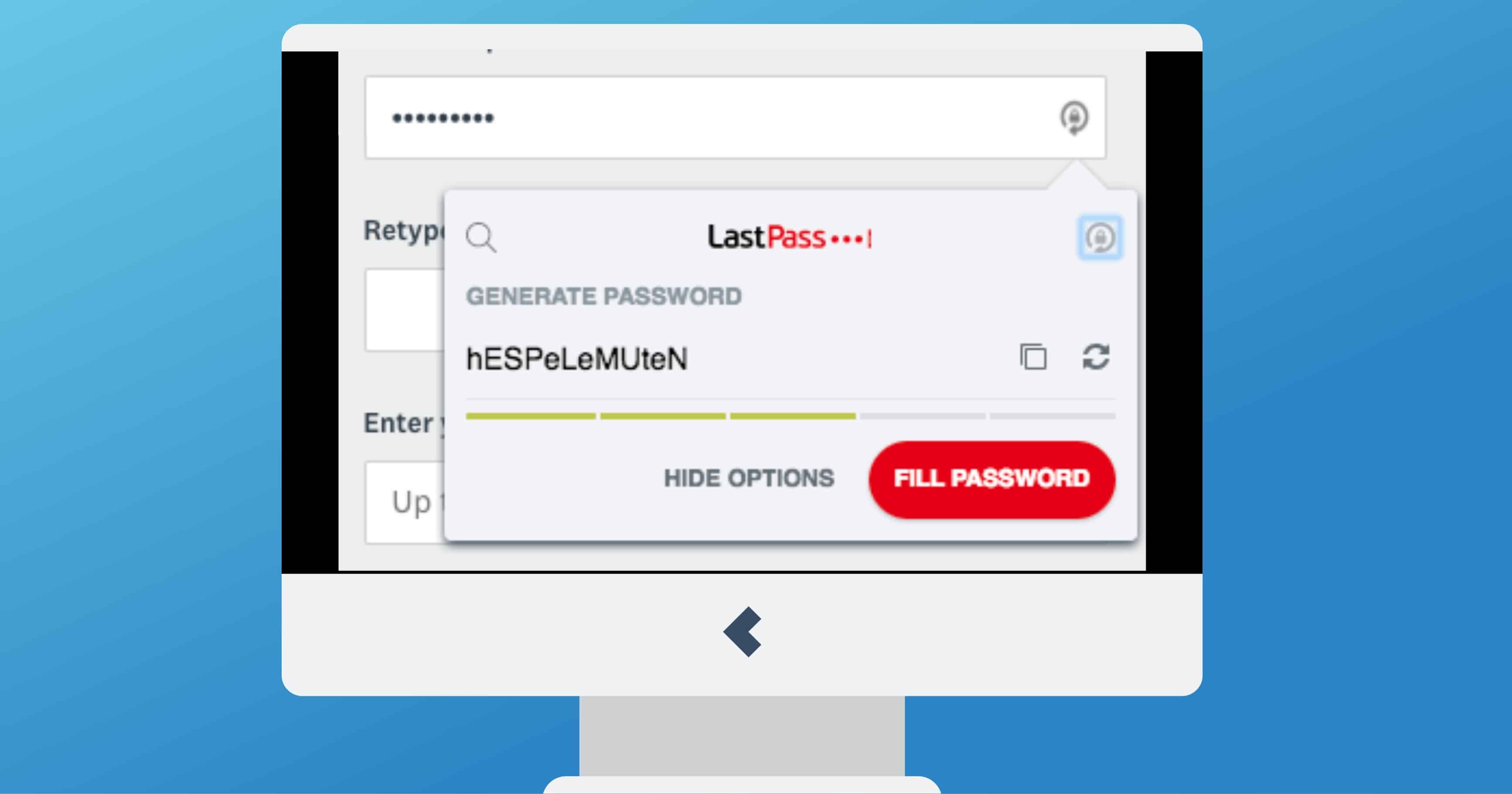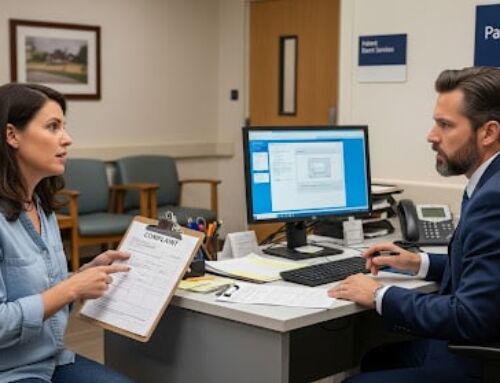Because LastPass encrypts passwords on customers’ equipment, it appears that no password data was affected by either breach. But is LastPass HIPAA compliant?
What Makes a Software Tool HIPAA Compliant?
When it comes to software, there are specific indications of the tool’s HIPAA compliance. Software HIPAA compliance boils down to two things. Does the software have safeguards to keep patient data private and secure? Does the software provider sign business associate agreements?
When the answer to both of these questions is “yes,” the tool is likely HIPAA compliant. If the answer to either is “no,” the software tool is not HIPAA compliant.
What Are HIPAA Safeguards?
HIPAA safeguards are measures that a healthcare organization puts into place to protect the confidentiality, integrity, and availability of protected health information (PHI). HIPAA categorizes safeguards into three groups – administrative, physical, and technical.
Administrative safeguards are written policies and procedures that dictate PHI’s proper uses and disclosures.
Physical safeguards, such as locks and alarm systems, protect an organization’s physical location.
Technical safeguards are measures that protect electronic PHI (ePHI).
While administrative and physical safeguards are essential, technical safeguards are generally the determining factor of a software provider’s HIPAA compliance. Technical safeguards should include encryption, user authentication, access controls, and audit controls.
Why is a Business Associate Agreement Important?
Business associate agreements are a crucial determinant of HIPAA compliance. Even the most secure software platform is NOT HIPAA compliant if it will not sign a business associate agreement (BAA).
Why?
A BAA is a legal agreement that requires each signing party to be HIPAA-compliant and be responsible for maintaining compliance. As such, a BAA limits the liability for both signing parties in case of a breach or OCR audit, as only the negligent party would be held culpable.
Is LastPass HIPAA Compliant?
The security and encryption technology LastPass uses exceeds the minimum requirements of the HIPAA Security Rule. The LastPass website does not mention Business Associate Agreements, but technically, LastPass does not take possession of any patient PHI.
All passwords required to access that data are encrypted on customer systems, and LastPass claims that only customers have access to the encrypted data. According to their website,
“Zero knowledge means that no one has access to your master password or the data stored in your vault except you. Not even LastPass.”
Based on their security standards and methods for encrypting passwords, LastPass appears to be HIPAA compliant.











